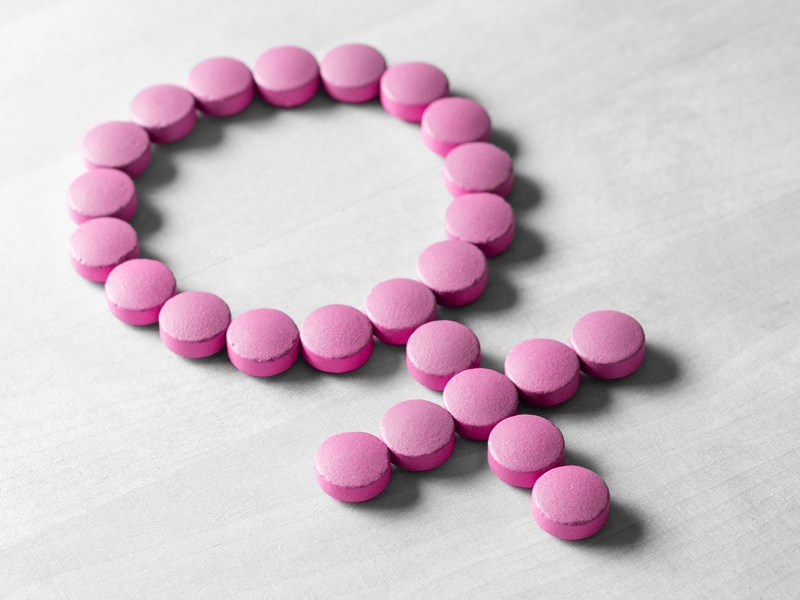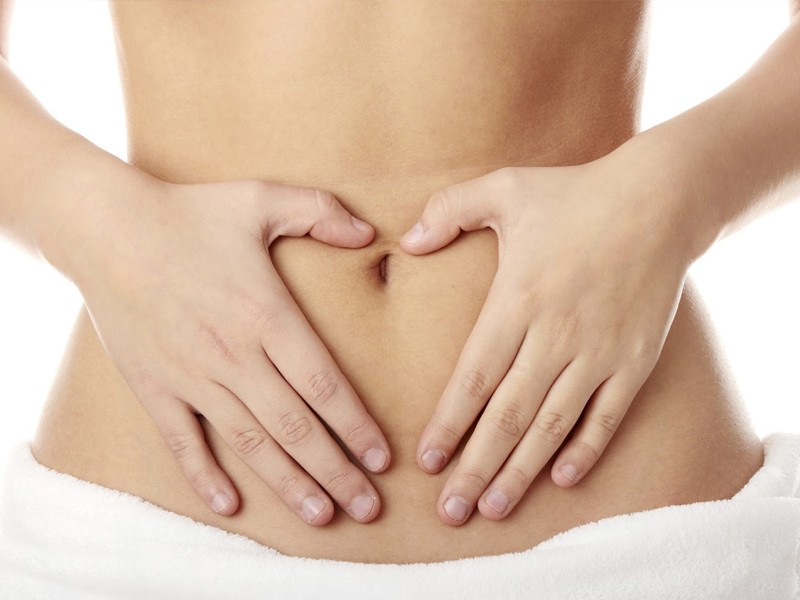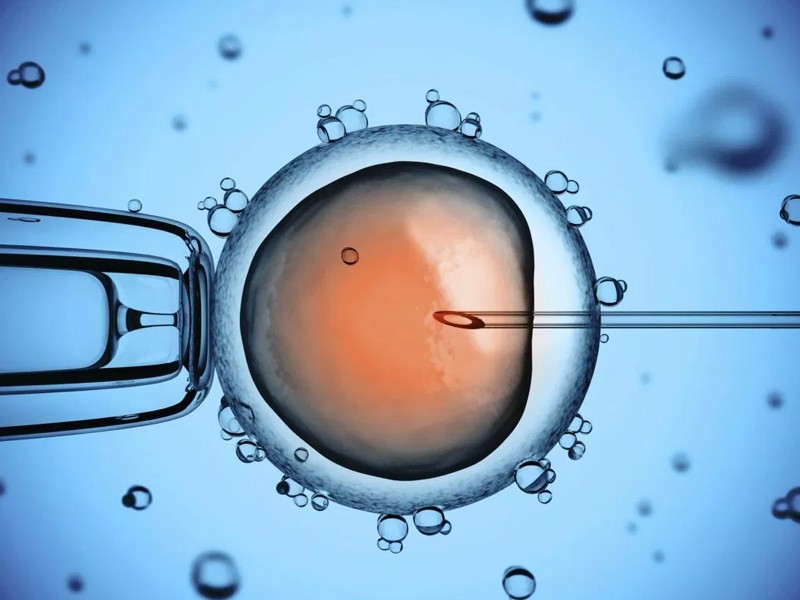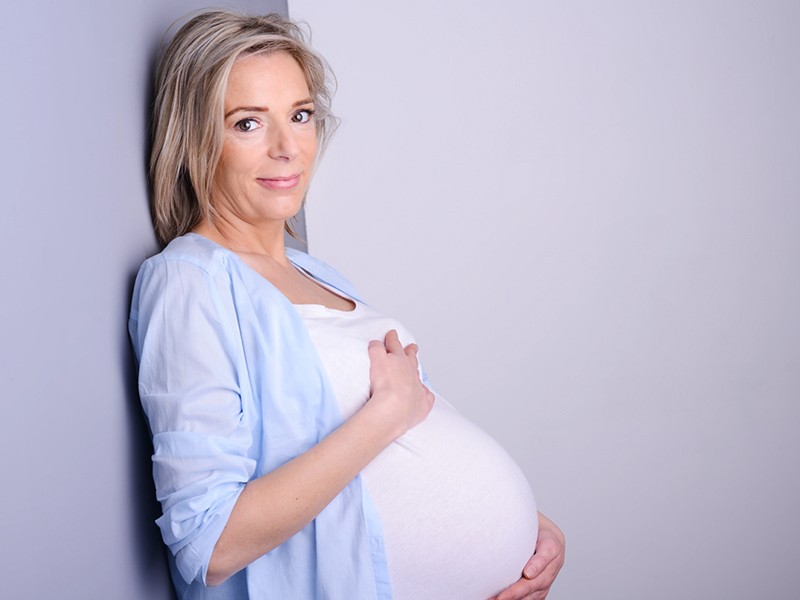The role of estradiol for in vitro fertilization

The human endocrine system is the most important mechanism for the regulation of life processes. Each specific hormone performs one or another function to ensure the normal functioning of the body. Hormonal regulation is especially important during pregnancy, since at this time the hormonal background of a woman is rebuilt and changed.
Special female hormone
In a woman’s life, estrogens perform an important function. It is the hubbubs of this group that take part in the formation of sexual characteristics and normalize the functioning of the reproductive system.
An imbalance in these hormones causes:
- Frequent mood swings
- Insomnia
- Premature aging
- Development of osteoporosis
- Development of endometriosis
- The appearance of neoplasms, etc
One of the most important gonadosteroids from the estrogen group is the hormone estradiol (E2). It is the main sex hormone for women. Most of it is synthesized in the ovaries. Also, a small amount is produced in the adrenal glands.
The E2 hormone in a woman’s body performs a large number of functions. It affects:
- Synthesis of serotonin, which contributes to a good mood and concentration
- The formation of secondary sexual characteristics
- Development of the uterus and fallopian tubes
- Menstrual cycle
- The level of calcium in the body
- Lipid metabolism and the amount of cholesterol in the blood
- Synthesis of collagen, which is responsible for the health and beauty of skin and hair
- Blood pressure
- Thermoregulation
Any change in the amount of estradiol leads to problems and diseases. So, an insufficient amount of E2 in women’s body causes many problems: from dry skin and breast reduction, to problems with the menstrual cycle and conception. With too much of this hormone, an endocrinologist can diagnose endometriosis on the ovary, cirrhosis of the liver, neoplasms in the ovaries, or identify a follicle that did not burst during ovulation. The most common symptoms of fluctuating estradiol concentrations are acne, overweight, fatigue, irregular periods, irritability, and seizures.
Estradiol and pregnancy
Since estradiol has a direct effect on the sexual function of women, there must be a sufficient level of this hormone in the blood for successful conception. It affects the endometrium, creating the most necessary environment for fertilization. In addition to conception, a sufficient amount of E2 is also necessary for a successful pregnancy, because this gonadosteroid prepares the uterus for bearing a child.
During pregnancy, women experience an increase in the concentration of estradiol in the blood. Its quantity fluctuates in the widest range. According to medical data, in each of the trimesters of pregnancy, the levels of this hormone should be as follows:
- In the first 200-6300 pg / ml
- In the second 800-19000 pg / ml
- In the third, 11800-37000 pg / ml
At the beginning of pregnancy, estradiol is normal, but as the uterine cavity grows, its amount increases significantly. Its highest level is observed in the third trimester of pregnancy.
Estradiol, produced by the placenta during pregnancy, in combination with placental relaxin, causes relaxation of the pelvic ligaments, as a result of which they become more elastic during childbirth. After delivery, estradiol levels return to normal after a few days.
E2 value in IVF procedure
The concentration of the E2 hormone in the body of the expectant mother is also very important for in vitro fertilization. After all, any pregnancy cannot continue without this hormone. Estradiol affects such factors important for normal pregnancy:
- Increases blood flow in the vessels of the uterus;
- Promotes increased blood clotting, which plays an important role during childbirth; Prepares the uterine lining for implantation of the ovum;
- Helps to prevent premature birth or miscarriage;
- Creates favorable conditions for the normal development of the fetus.
As mentioned, it helps to maintain a suitable thickness of the endometrium in which the embryo will develop. An important point to consider with IVF is the fact that without optimal estradiol levels, the follicle will not grow and develop properly.
It is believed that if estradiol is high in preparation for IVF, it can reduce the quality of the egg and the response of the ovaries. But the onset of pregnancy is possible with a properly selected IVF protocol. In the case of a low concentration of E2, resistance to fertility drugs in women’s body (for example, clomiphene) may be observed. If the E2 level is low, hormone therapy is prescribed. In this case, preparations containing estradiol, in case of a successful pregnancy, are recommended to be taken within the first 12 weeks after embryo implantation. Stopping the use of such medications can lead to a halt in the development of the embryo and premature termination of pregnancy.
It is known that estradiol levels should be high in late pregnancy. Otherwise, a post-term pregnancy is possible, which has an adverse effect on the unborn child.
Ancillary medications that contain estradiol and are used during IVF are essential to maintain the desired thickness of the endometrium. Also, the normal level of the hormone E2 ensures the stable operation of the mother-placenta-fetus system, improves microcirculation and transport of nutrients for the fetus.
The amount of estradiol can be used to predict the success of in vitro fertilization. If its level gradually increases, this indicates a successful embryo implantation and an increased chance of a positive pregnancy outcome.


